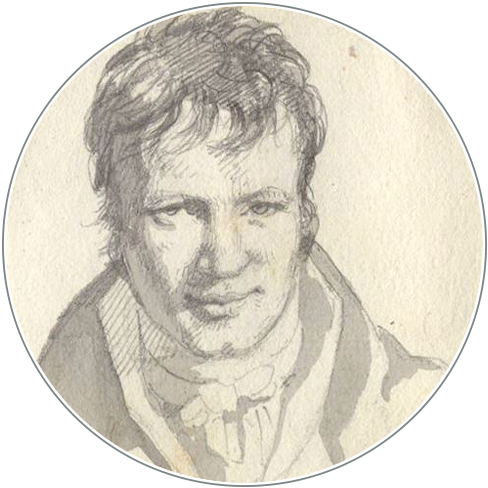Bridging the Divide between Science and Poetry: The Comparatist Legacy of Alexander von Humboldt.
DOI:
https://doi.org/10.18443/383Keywords:
Reiseliteratur, Wissenschaftsgeschichte, invention, reception, biogeography, geographical profiles, scientific simultaneity, self-representationAbstract
Which place can and should Alexander von Humboldt’s work occupy in literary studies and, more specifically, in comparative literature? Contemporary critical reading of his work has largely consisted of making it a possible and hitherto unknown source of new scientific disciplines. Humboldt has often been seen as the almost anachronistic author of a work that reconciled literary writing with scholarly requirements, at the very time when literature and science were being separated, and scientific disciplines were being specialised. Yet it appears that Humboldt, perfectly aware of the ongoing separation of the two fields, not only made the presuppositions explicit, but also proposed new ways of articulating literary and scholarly discourse. Better still, he experimented with several possible uses, between the literary and the scholarly, which redefine the boundaries and aims of both practices.

Published
How to Cite
Issue
Section
License
Copyright (c) 2025 Anne-Gaëlle Weber, Bertrand Guest

This work is licensed under a Creative Commons Attribution-NonCommercial 4.0 International License.
HiN operates under a Creative Commons-Licence (CC BY-NC 4.0), which permits the reproduction of articles, free of charge, for non-commercial use only and with the appropriate citation information. All authors publishing with HiN accept these terms of publication.
Authors retain the copyright for their articles and reviews. Copyright of the layout and design of HiN articles remains with the journal and cannot be used in other publications.









